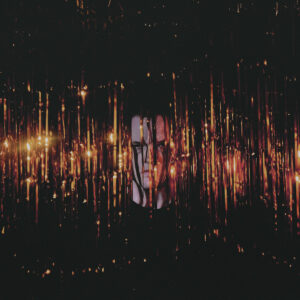
Dancing Plague
Elogium
AVANT! Records
There’s a tendency to sort variations of darkwave by region, partially due to differing interpretations of what constitutes the genre, but also thanks to some pretty distinct stylistic markers. With that in mind, there’s something distinctly European in the way Portland-based Conor Knowles approaches making icy electronic darkwave as Dancing Plague on new LP Elogium, eschewing the last several years of sounds that were in vogue in the wake of Boy Harsher’s success, leaning towards the stark, sorrowful sound of classic acts like The Frozen Autumn, or more contemporary producers like Sydney Valette and Poison Point.
It’s an impression that’s easy to get from the opening moments of opener “Dreamless”, its dense arrangement of 16th note bass, clear leads and straightahead drum programming serving as a backdrop for Knowles’ deep-voiced singing style, a low growl on the verse, an anxious but controlled howl on the chorus. It’s a style of delivery that is distinctive and gives the material a lot of personality but is also going to be deal-breaker for listeners who may be unaccustomed to hearing such naked melodrama; whether on the metallic percussion touched thud of “Rot With Me” or on the brightly toned “Cold Fire”, a song that would almost feel uplifting thanks to its catchy synth hook, if not for the anguished fashion Knowles delivers its chorus holding onto notes with a mix of grave determination and distress.
Leaning in on that kind of mournfulness can is a tricky proposition; if there’s even a hint of insincerity or mawkishness the whole thing can come crashing down. To wit, you need to commit to pull off this kind of theatre of misery. Thankfully Dancing Plague doesn’t waver for a moment, whether on the grief-stricken “Fading Forms” or the strident closer “Echoes of the Void” (the latter song bringing hints of self-excoriating anger that distinguishes it from the preceding numbers) Knowles doesn’t blink or waver. It helps that the instrumentals are constructed with energy and movement in mind, tempos are kept within dancefloor ranges and track times kept to what the actual compositions can handle. The fact that the vocals are so immediately the spotlight on these songs can distract from their efficient workmanlike execution, doing exactly what they need to do, no more and no less.
Without wishing to belabour the point, Elogium is the kind of record whose audience will self-select based on how accustomed or open to its vocal gravitas they are. If you can hang with Dancing Plague’s lamentation, there should be no problem in engaging with its forceful style of woe.

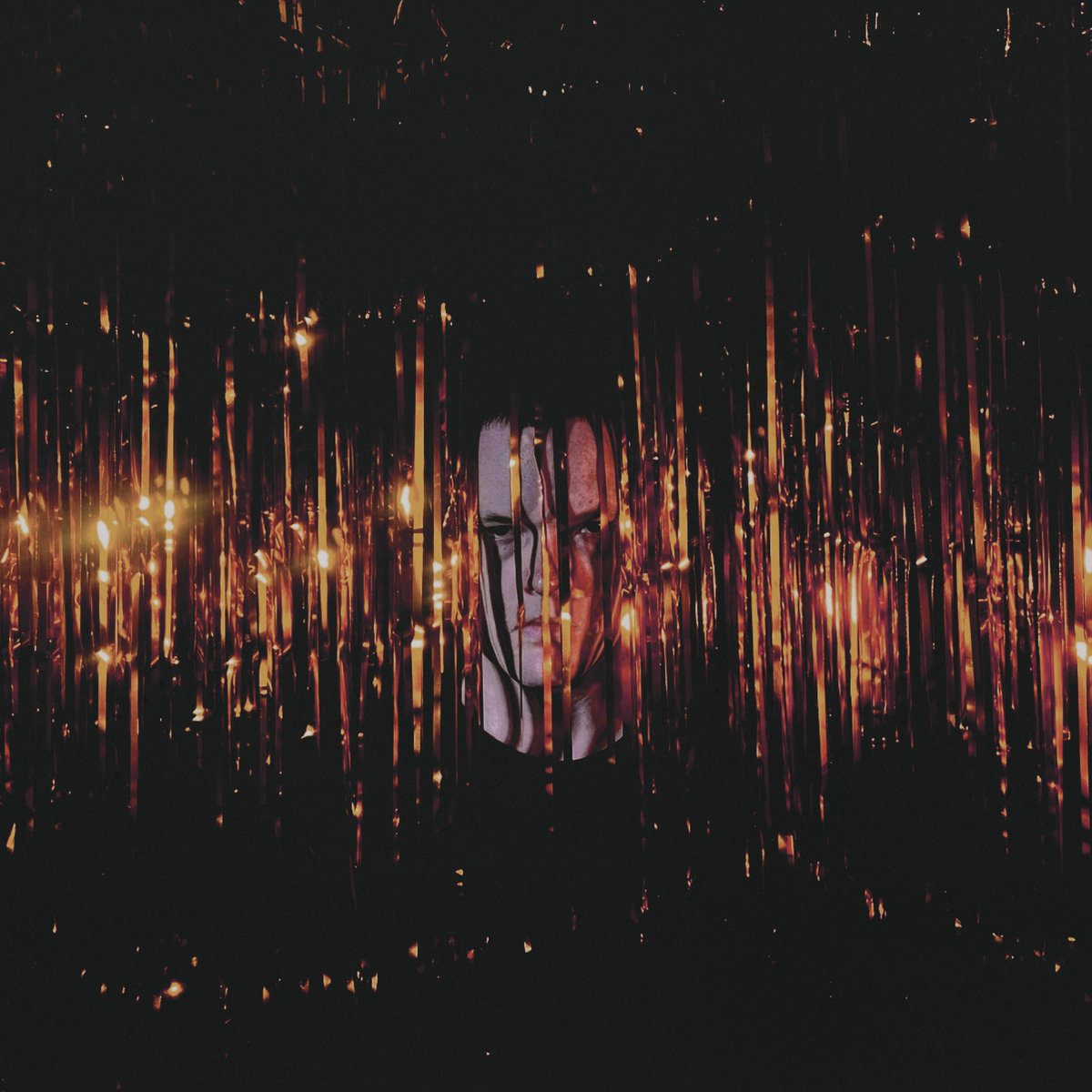
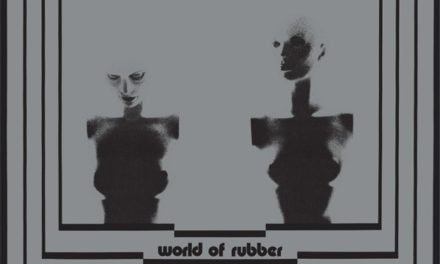
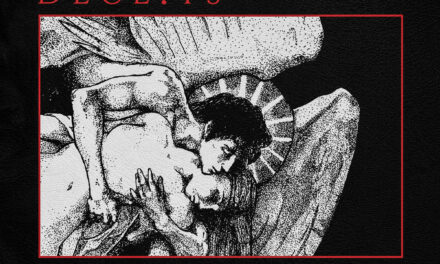

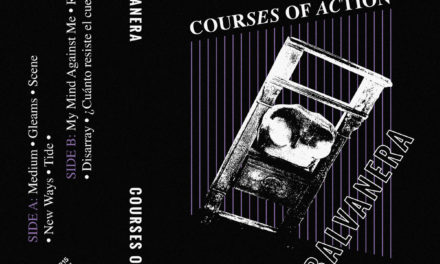
This vocal melodrama feels great and it lands for me because of how dynamic and propulsive these arrangements are.
Agreed. I think its something that you sort of have to be acclimatized to but once you are, it works really well.